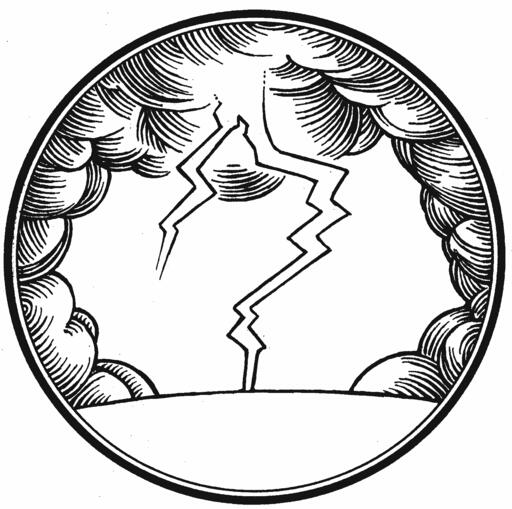BCP: The Twenty-Fifth Sunday after Trinity
Sermon • Submitted • Presented
0 ratings
· 5 viewsNotes
Transcript
Then he arose, and rebuked the winds and the sea, and there was a great calm.
In the name of the Father, and of the Son, and of the Holy Spirit, amen.
Rivers and seas can be quite scary things. It’s okay if you’re an expert sailor like a Viking; as they say, you can lead a Norse to water, but you can't make him sink. The Chaotic waters is a theme that runs throughout the bible. God’s control over the waters is associated with God’s Lordship over all of creation - God is God and everything else is not.
In the beginning in Genesis, God creates the heavens and the earth by separating the waters and bringing order out of the disorder of the waters. Psalm 89 proclaims, “Who is like you, Lord God Almighty? You, Lord, are mighty, and your faithfulness surrounds you. You rule over the surging sea; when its waves rise up, you still them.”
The waters are a part of Israel’s foundational story as, after being liberated from slavery in Egypt, they are taken by God through the Red Sea and into new life. The waters are also used to symbolise the nations that set themselves up against God. Isaiah, in chapter 17, exclaims, “Woe to the many nations that rage; they rage like the raging sea! Woe to the peoples who roar; they roar like the roaring of great waters! Although the peoples roar like the roar of surging waters, when he rebukes them they flee far away, driven before the wind like chaff on the hills, like tumbleweed before a gale.”
And the waters are also used to symbolise what the new heavens and the new earth will be like. In Isaiah 2 the last days are described as the mountain of the house of the Lord. A mountain being the pinnacle of the land which God had pulled up, out of the waters in creation and is something which is strong and permanent and which the seas cannot destroy. The house of the Lord is the temple of God which, as Isaiah continues, will be established as the chief of the mountains, and will be raised above the hills; And all the nations will stream to it, or literally river to it. In the book of Revelation, John has a vision of the new heavens and the new earth and writes that the first heaven and the first earth had passed away, and there was no longer any sea. In the new creation, the disorder and rage against God which had been symbolised by the seas is no longer. God reigns.
Today’s reading comes at the beginning of what could be described as the third section of Matthew’s Gospel. In the first few chapters, Matthew had pointed out certain events in the life of Jesus to show how he was the fulfilment of Old Testament hopes. Jesus is the new Moses, he is the Messiah from the line of David, and he is God with us. In chapters 5-7, Jesus had proclaimed the arrival of God’s kingdom and what it would look like in his sermon on the mount. A prophetic reimagining of the Ten Commandments. In chapters 8-10 Jesus now comes down from the mountain and brings some of that kingdom into reality through healings and other miracles, interspersed with calls to follow him.
In today’s reading, Jesus calms the chaotic waters which prompts the disciples to ask, “What sort of man is this, that even the winds and the sea obey him?”
The church is going through some very storm times right now and it’s difficult to see the light. In times like this, this story in Matthew might give us some hope. Whilst we are sinking in the chaotic waters, Jesus is interceding for us on the mountain, in the presence of his father and that, in the dark night of the soul, we know that we wait in faith for the early morning which has already come through the resurrection of Jesus the son, and that, when the son is lifted up, when we see him as he is, as John writes, we will be like him, we will share in his victory over the chaotic waters and share in his presence with his father on the mountain.
In the name of the Father, and of the Son, and of the Holy Spirit, amen.
ADVERTISEMENT
Related Media
See moreRelated Sermons
See more
Pastor Scamman • 233 views • 13:25

